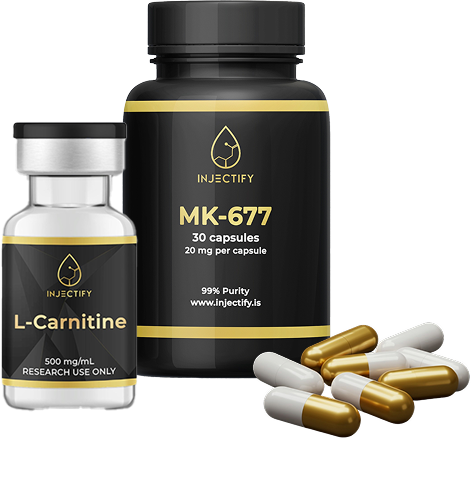L-carnitine, a popular supplement among fitness enthusiasts, is renowned for its role in fat metabolism and energy production. However, recent research has shed light on its anti-inflammatory properties, making it a valuable addition to your supplement regimen.
This page explores a systematic review and meta-analysis published in Inflammopharmacology, examining the impact of L-carnitine on inflammation.
A comprehensive systematic review and meta-analysis conducted by researchers in 2021 analyzed multiple clinical trials to evaluate the effects of L-carnitine supplementation on inflammatory markers in adults. The review aimed to determine whether L-carnitine could reduce inflammation and improve related health outcomes.
L-carnitine is generally considered safe when used at recommended dosages. Common side effects are mild and include gastrointestinal discomfort and a fishy body odor due to trimethylaminuria. As always, it is essential to consult with a healthcare provider before starting any new supplement.
The anti-inflammatory properties of L-carnitine offer promising benefits for those dealing with chronic inflammation. By reducing pro-inflammatory cytokines and alleviating symptoms, L-carnitine can be a valuable addition to your fitness and health routine. For detailed insights, you can access the full study here.

Trusted top producers of Injectable L-Carnitine in North America.
First time visiting our new-look site? Your account has been successfully migrated. Please reset your password here before logging in, by clicking the ‘Forgot Password’ link below: